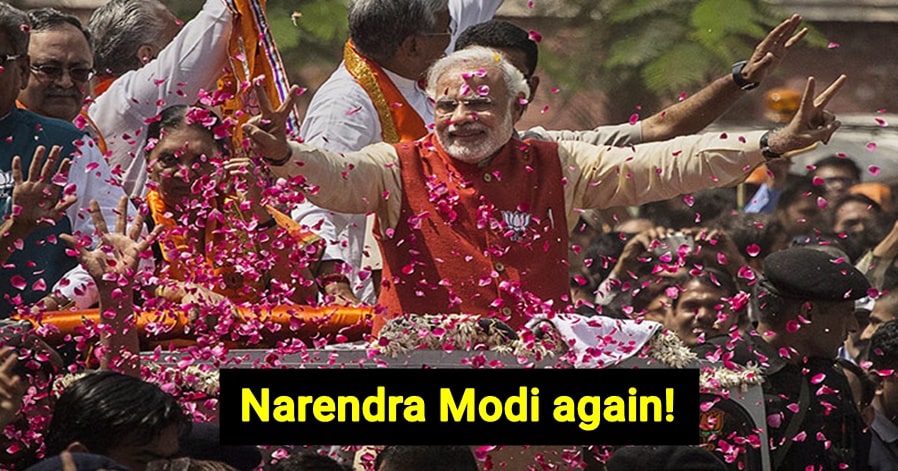No products in the cart.
Another terrorist of Lakshar e Islam shot dead in Pakistan, he was behind threatening Kashmiri Pandits
A murder incident of Lashkar-e-Islam commander and Pakistani ISI patron Haji Akbar Afridi has drawn criticism across the region. The incident has shocked the entire region, raising concerns over rising violence and extremism. Lashkar-e-Islam, known for its militant activities and extremist ideology, has a history of issuing threats and instilling fear among various communities.
In the past, the group has targeted Kashmiri Pandits, issuing terrifying warnings demanding them to flee Kashmir or face dire consequences. Apart from this, revelations about Akbar’s association with Pakistan’s intelligence agency ISI since 2014 have also come to light.
The plight of Kashmiri Pandits has been a matter of utmost concern. As a favored class during Dogra rule, their population has declined significantly over the years due to harassment and threats from radical Islamists and militants. The migration of Kashmiri Pandits reached alarming levels in the 1990s, especially after the heinous events of January 19, 1990. There was a wave of terror and violence against Kashmiri Pandits after mosques issued decrees branding them as Kafirs (non-believers).
The murder of Haji Akbar Afridi has reignited debates about the complex dynamics between militant groups, intelligence agencies, and regional stability. It underscores the persistent challenges posed by extremism and the need for concerted efforts to address underlying grievances and promote peace. The incident has also sparked concerns about potential repercussions and escalations in a volatile region.
Many photos of Haji Akbar Afridi are being shared on social media. Many posts have also been shared on Twitter giving information about the murder of Haji Akbar Afridi. After seeing the viral posts, users shared various reactions and started a #unknowngunmen hashtag.
One user writes, ‘Thank you #unknowngunmen Keep it up!! continue to destroy people who caused the death of innocent public in the name of religion.’
Another user writes, ‘Salute to unknown gunmen’.








